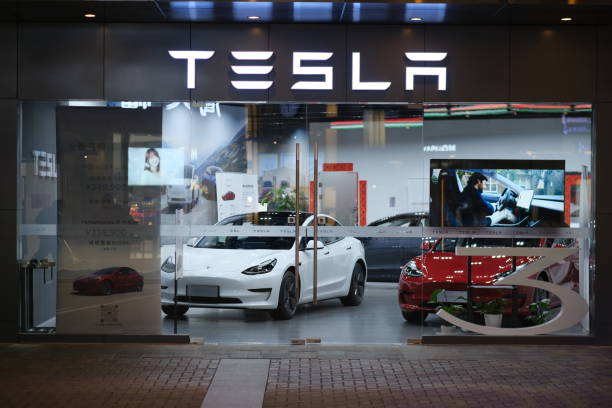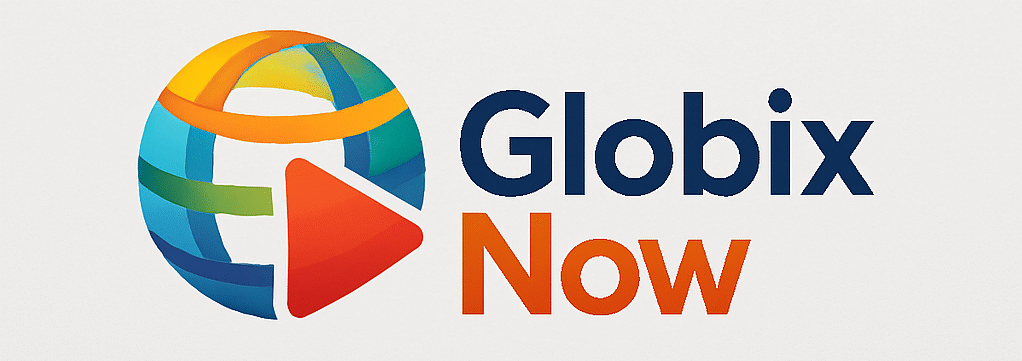Tesla has officially launched its first showroom in India, and it’s no surprise that the location chosen is Mumbai’s upscale Bandra Kurla Complex (BKC). After years of anticipation, speculation, and negotiations, Elon Musk’s electric vehicle giant has taken its first concrete step toward establishing a real physical presence in the Indian automotive market. This move comes at a time when India is pushing hard toward electric mobility, and the excitement among enthusiasts and eco-conscious consumers is hard to ignore. The Tesla BKC store is not just a retail outlet — it’s a statement. Sleek glass panels, minimalist interiors, digital screens, and Tesla’s signature futuristic aesthetic instantly transport visitors into the world of clean energy and cutting-edge technology. Although Tesla had previously registered its Indian subsidiary, Tesla India Motors and Energy Pvt Ltd, in 2021, it is this showroom that gives the public a tangible connection to the brand.
At the BKC showroom, two models have taken center stage — the Tesla Model 3 and the Tesla Model Y. Globally, these are Tesla’s most popular vehicles, and bringing them to India shows a carefully considered strategy. The Model 3, a mid-size electric sedan, has seen success across Europe and North America due to its affordability and performance balance. In India, however, affordability gets a new definition because these vehicles are coming as completely built units (CBUs), attracting high import duties. This pushes the expected price of the Model 3 Standard Range Plus variant to approximately ₹70 lakh, while the Long Range variant may cost up to ₹90 lakh or more. Meanwhile, the Model Y, a compact SUV built on the same platform as the Model 3 but offering more cabin space and a higher driving position, is expected to be priced upwards of ₹1 crore. These prices are undeniably steep, but Tesla is targeting a niche, premium audience with this first step.
Customers walking into the Tesla store can do much more than just admire the sleek electric cars. The store offers interactive digital experiences, allowing visitors to customize their desired Tesla on touchscreen interfaces, consult with Tesla staff about home charging installation, safety features, autopilot capabilities, and place pre-bookings with a refundable token estimated at ₹2 lakh. Test drives are expected to begin in August 2025, and the company is said to be receiving substantial interest from Mumbai’s upper-middle class and business community. While deliveries are not immediate, Tesla is aiming to ensure that initial buyers receive their cars by the end of this year, depending on final import clearances and shipping timelines.
Tesla’s India journey hasn’t been easy. Elon Musk has frequently expressed concerns about India’s steep import duties, calling them among the highest in the world. For Tesla to consider making cars in India, it has sought temporary tariff relief, and the Indian government has remained firm on asking Tesla to manufacture locally if it wants any concessions. However, behind the scenes, talks have been progressing. Reports suggest Tesla is actively exploring potential sites for a manufacturing plant in Maharashtra, Gujarat, and Tamil Nadu. The decision to open the BKC showroom indicates that Tesla is confident it can eventually reach a favorable understanding with Indian authorities. If the plant becomes a reality, Tesla could not only reduce prices dramatically but also turn India into an export base for other Asian and African markets.
Infrastructure is another key element of Tesla’s India push. Without reliable charging solutions, even the most luxurious EVs are of little practical value. To that end, Tesla is reportedly in advanced discussions with Indian power giants like Tata Power and Adani to install fast-charging Superchargers across Mumbai, Delhi, Bangalore, and key highways. This would not only serve Tesla owners but could set a broader precedent for EV infrastructure standards in India. It’s also expected that Tesla will roll out its home charging kits bundled with vehicle purchases and offer installation support as part of the customer experience.
Public reaction to the showroom launch has been overwhelming. Videos from the BKC store opening show people lining up to get a closer look at the cars and the high-tech displays. On social media, Tesla India has trended multiple times, and there’s no doubt that Tesla’s brand pull remains strong even in a market as price-sensitive as India. While some have expressed frustration at the high entry prices, others are optimistic that Tesla’s long-term vision includes more accessible models and local production. For now, the Tesla brand in India is being positioned as aspirational, much like how Apple built its early reputation in the country.
Tesla’s India entry also comes at a time when the Indian EV market is seeing rapid growth. Local players like Tata Motors, Mahindra, and even Hyundai and MG are aggressively launching electric cars aimed at the mass market. However, Tesla brings a level of technological sophistication and global prestige that no other brand currently offers. Its vehicles feature advanced driver assistance systems, seamless software updates, voice-command features, and some of the best battery management systems in the world. These are not just vehicles; they are computers on wheels. Indian buyers who care about sustainability and performance will now have a high-end option that blends both.
The potential of this move goes far beyond individual car sales. Tesla entering India sends a global signal — that India is no longer being ignored by the tech-driven automotive revolution. It places the country on the map of elite EV markets and could spark more interest from other premium brands like Rivian, Lucid Motors, and Fisker. It also pressures Indian manufacturers to speed up innovation and compete not just on price, but also on quality and technology. From policymakers to engineers and marketers, Tesla’s arrival could reshape how India sees personal mobility.

In conclusion, the Tesla showroom at BKC isn’t just about selling a few luxury cars. It’s the start of what could be a complete disruption of India’s automobile industry. With its sleek showroom, premium offerings, and global reputation, Tesla is now officially part of India’s EV journey. While pricing remains a barrier for many, the brand’s entry could unlock a chain of developments — from improved EV policies and charging networks to local manufacturing and new investments in green tech. The next few months will reveal whether Tesla can truly convert the massive buzz into actual sales and long-term commitment. But one thing is certain: India is no longer on the sidelines of the electric revolution — it’s part of the main act.
